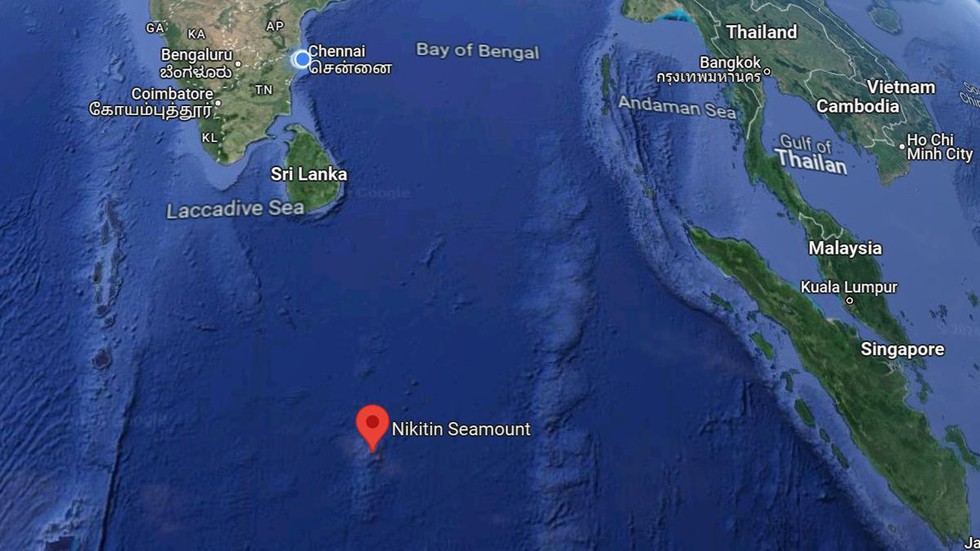About Afanasy Nikitin Seamount:
- The AN Seamount is a structural feature in the Central Indian Basin, located about 3,000 km away from India’s coast.
- It comprises a main plateau, rising 1200 m above the surrounding ocean floor (4800m). It is rich in deposits of cobalt, nickel, manganese, and copper.
What is a Seamount?
- It is an underwater mountain formed through volcanic activity. These are recognised as hotspots for marine life.
- Like volcanoes on land, seamounts can be active, extinctor dormant volcanoes.
- These are formed near mid-ocean ridges, where the earth’s tectonic plates are moving apart, allowing molten rock to rise to the seafloor. The planet’s two most-studied mid-ocean ridges are the Mid-Atlantic Ridge and the East Pacific Rise.
- Some seamounts have also been found near intraplate hotspots—regions of heavy volcanic activity within a plate—and oceanic island chains with volcanic and seismic activity called island arcs.
- Significance of seamounts:
- They provide information about the mantle’s composition and how tectonic plates evolve.
- These are helpful in understanding their influence on how water circulates and absorbs heat and carbon dioxide.
- They are good places for life because they can cause localised ocean upwelling, the process by which nutrient-rich water from deep within the ocean moves up to the surface.
